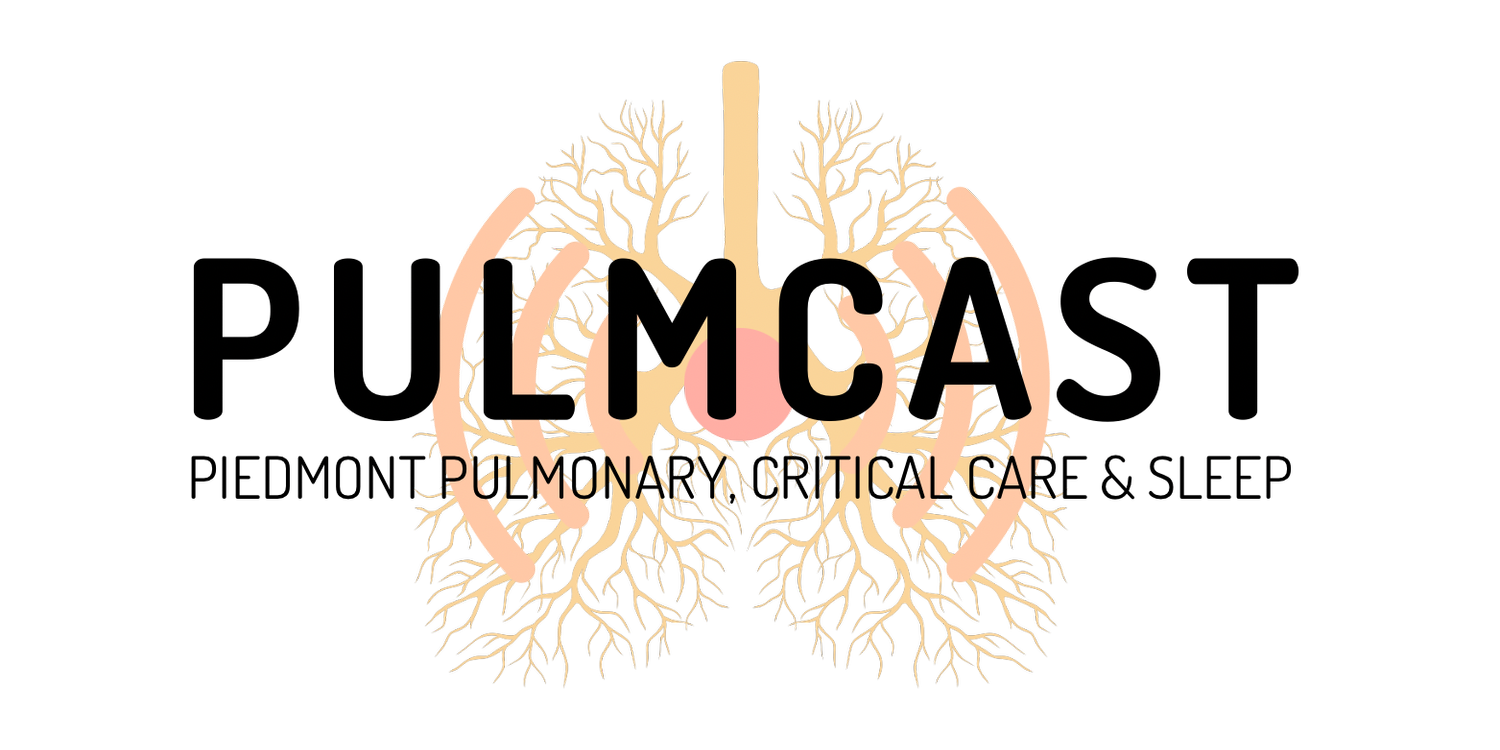Burn Bright, Not Out
BURNOUT
“It’s stupid o’clock in the morning. I’m wide awake and have been for two hours. Ironically I think tonight’s insomnia is because I am on holiday and I am thinking through what I may not have finished or handed over thoroughly enough. I suppose this means I am stressed...”
World Health Organization:
Burnout: a state of vital exhaustion
Maslach & Jackson
Emotional exhaustionDepersonalization Perceived lack of personal accomplishment
The 12 Stages of Burnout (from 99u)
The Compulsion to Prove Oneself; demonstrating worth obsessively; tends to hit the best employees, those with enthusiasm who accept responsibility readily.
Working Harder; an inability to switch off.
Neglecting Their Needs; erratic sleeping, eating disrupted, lack of social interaction.
Displacement of Conflicts; problems are dismissed, we may feel threatened, panicky and jittery.
Revision of Values; values are skewed, friends and family dismissed, hobbies seen as irrelevant, work is only focus.
Denial of Emerging Problems; intolerance, perceiving collaborators as stupid, lazy, demanding, or undisciplined, social contacts harder; cynicism, aggression; problems are viewed as caused by time pressure and work, not because of life changes.
Withdrawal; social life small or non-existent, need to feel relief from stress, alcohol/drugs.
Odd Behavioural Changes; changes in behaviour obvious, friends and family concerned.
Depersonalization; seeing neither self nor others as valuable, and no longer perceive own needs.
Inner Emptiness; feeling empty inside and to overcome this, look for activity such as overeating, sex, alcohol, or drugs; activities are often exaggerated.
Depression; feeling lost and unsure, exhausted, future feels bleak and dark.
Burnout Syndrome; can include total mental and physical collapse; time for full medical attention.
It's not just about relaxing more!
Lifestyle measures aka SELF CARE: things like exercise, eating healthy food, sleep, relaxation or meditation, mindfulness, learn to say NO.
Team-based measures: look out for each other, recognize burnout in yourself and in your teammates, talk about it; professional development.
Frame of mind measures: view stress as a challenge, not a threat; work smarter; develop resilience
Emcrit's GTD
Cooley E., Yovanoff P. (1996). Supporting professionals-at-risk: Evaluating interventions to reduce burnout and improve retention of special educators. Exceptional Children, 62, 336-355.
From https://www.arttoself.com/
Also check out this handy infographic from The Simple Dollar






